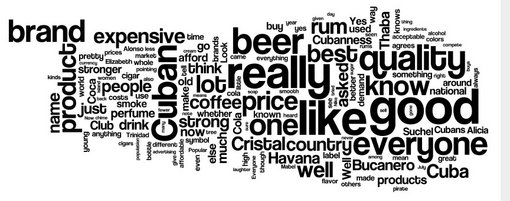
Current position: Professor Emeritus, Department of Geography, Virginia Tech, USA.
The product marketing mix in developing countries faces particular challenges. On the one hand, basic goods and services need to reach consumers through direct (the market) or indirect (subsidized) means. Increasingly, product placement through social media, print, popular culture, film, celebrities, and the Internet extol purported values of certain (foreign) goods and services. Rightly or wrongly, consumers perceive a value or certain cache when they associate with foreign brands, which often exude ‘exotic’ and better attributes. On the other hand, national products may serve equally as well and often at a lower price, or, perhaps, satisfy a cost-benefit assessment that consumers perform in choosing between national versus foreign brands.
National goods additionally convey messages and meanings (semiotics) that may trump foreign competitors. A guiding research question is: To what extent do national symbols embedded in local products connect with residents because they convey key messages about the homeland (la patria)? These branding messages include myriad elements such as color, symbols, storytelling, images, jingles, perceptions, local place names, nationalist elements (flag, country colors, national heroes/saints/places) and values.
To further explore how national brands shape consumption, I extend these questions to two other important Latin American nations: Chile and Argentina, as well as the original ‘Nordic’ welfare states (Denmark, Sweden, Finland and Norway). How do these three national models, anchored in strong social-welfare histories from the 20th century, message their national brands? How have they balanced aspirational consumer needs of price compared to status-enhancing foreign products?
Project title:
Consumption, Semiotics and Iconic Branding in Welfare States: A Latin American and Nordic Comparison
Area of research:
Social and Political Sciences
Fellowship period:
1 Oct 2014 – 31 Mar 2015
Fellowship type:
AIAS-COFUND Marie Skłodowska-Curie fellow

This fellowship has received funding from the European Union’s Seventh Framework Programme for research, technological development and demonstration under the Marie Skłodowska-Curie grant agreement No 609033 and The Aarhus University Research Foundation.

